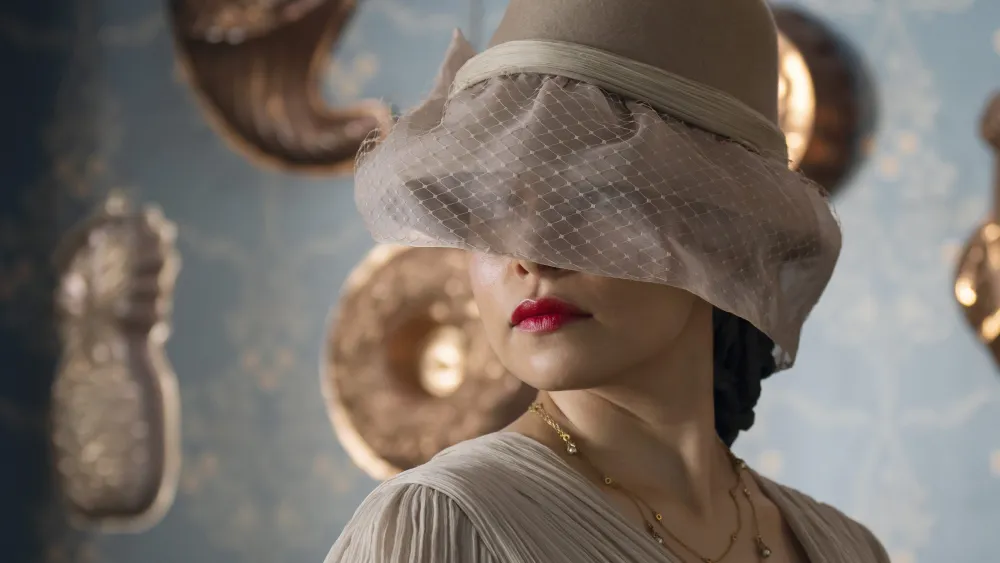Disney +’s new hit series, “Percy Jackson and the Olympians,” retells the story of main character Percy Jackson as he enters a world where Greek myths become truth, and his life is flipped upside down.
Executive producer and author Rick Riordan retells mythological tales through the narrative of Percy Jackson, who discovers he is the son of Poseidon.
As someone who has grown up reading novels before even considering watching the Hollywood knockoffs, even slight changes in characters or storylines grind my gears. Cutting scenes out, under-developing characters and taking shortcuts made me want to stay away from the new Percy Jackson series.
If you remember the “Percy Jackson and the Lightning Thief” movie, you’ll understand why I dreaded streaming the series: I was nervous to see what changes Riordan had in store.
But this time around, he did it right.
With a newly diversified cast and an altered backstory of “monster” figure Medusa, Riordan exemplifies empathy for his potential audience.
In the show Medusa, played by Jessica Parker Kennedy, is depicted as a beautiful, young woman. On screen, Medusa is fashionable, kind and much less monstrous than in the book, aside from the fact that she still has a basement full of stone people.
Riordan highlights Medusa as a victim of the gods and focuses more on why she became a villain.
Although descriptions of Medusa have varied, she is best known for having venomous snakes in place of hair and for the ability to turn people to stone with her eyes. In the later retelling of Medusa’s story in “Metamorphoses,” it becomes known that Poseidon sexually assaulted and impregnated Medusa in Athena’s sacred temple. Seeking revenge, Athena decided to punish Medusa for the disrespect by transforming her into a monster.
Popularized by social media platforms, a tattoo of Medusa’s head has become a symbol of reclamation in women who have been sexually assaulted. By reclaiming Medusa’s identity, they are dispelling the belief that being a victim means they should be shamed, blamed or punished.
In the books, Medusa continues to be enamored by Poseidon and fawns over Percy during their encounter. Whereas in the show, Medusa possesses an equal hatred for Percy, as he is the son of Poseidon, and for his companion Annabeth, as she is a daughter of Athena.
Even though the show is aimed at a younger audience, like the books, Medusa alludes to the darker parts of her story. She comments on the injustice of her being cursed instead of Poseidon.
Though it is not clearly stated, the show hints at Medusa and Poseidon’s encounter as being non-consensual, which fits the myth while keeping it age appropriate.
While some viewers find the change unnecessary, I am appreciative of the awareness the cinema industry is gaining.
Even though we can’t solve issues like these overnight, we can help destigmatize topics like sexual assault through popular viewership.
Not every young kid needs to be thinking about statutory rape while watching a show about a demi-god and his adventures, but acknowledging the story can help victims feel seen.
After all, if a child is too young to understand the minor reference, they wouldn’t understand the complexity of Medusa’s story and it’ll go right over their head. But people who are aware of the significance of her story may find a new appreciation for Riordan’s ambitious change.


